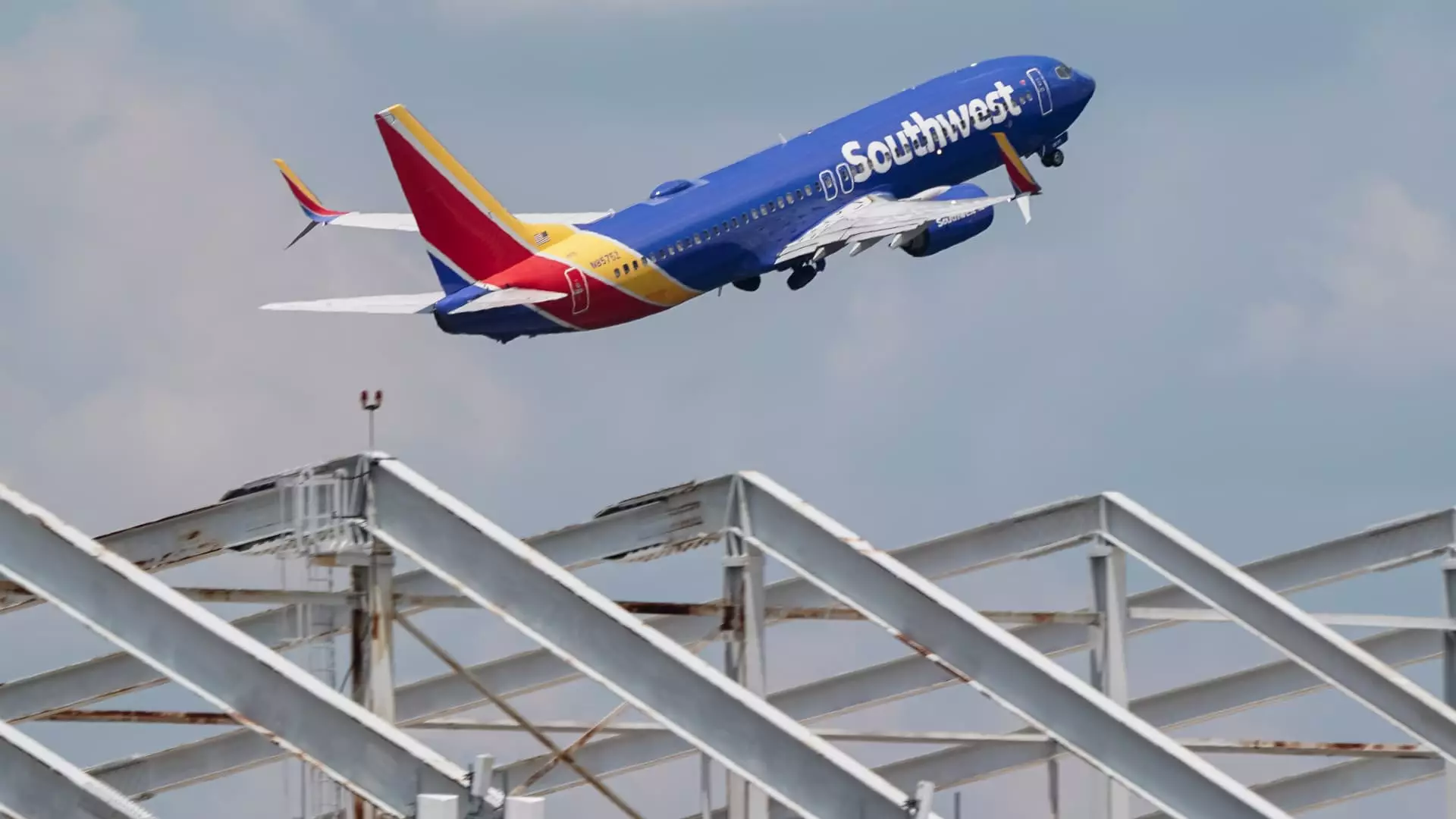Southwest Airlines has announced a significant rethink of its operations, particularly in Atlanta, where the airline plans to shrink its presence drastically by cutting more than 300 crew positions—specifically, 140 pilots and 200 flight attendants. This announcement comes just ahead of the company’s investor day. During this event, airline executives will present a comprehensive plan intended to slash operational costs and enhance revenue streams, largely in response to increasing pressure from activist investors such as Elliott Investment Management. Although the reduction in aircraft and crew is substantial, Southwest reassured its personnel that it will not be closing its Atlanta crew base, and employees will be allowed to bid for positions in alternative locations.
Magnitude of the Cuts
The airline’s planned shift will see its service capacity diminish significantly, from 37 cities serviced in March to just 21 by April 2025. In addition, the number of operational gates at Atlanta’s Hartsfield-Jackson International Airport will fall from 18 to 11. Such a contraction can be interpreted as a strategic pivot, aimed at stabilizing financial losses that have plagued the airline. Southwest acknowledged the challenges faced by its crew and emphasized that this decision does not reflect performance deficiencies on their part, stating pride in their dedication and hospitality.
Network Optimization and Future Directions
In tandem with this belt-tightening in Atlanta, Southwest is seizing opportunity elsewhere. The airline aims to ramp up its service in Nashville, Tennessee, responding to changing customer demand patterns. The introduction of overnight flights connecting Hawaii to Las Vegas and Phoenix marks a significant expansion into newer markets, allowing the airline to capitalize on varied travel trends. This dual approach—letting go of less profitable routes while expanding successful ones—highlights Southwest’s focus on optimizing its network to maximize revenue without compromising customer service.
Challenges and Competitive Landscape
Competition remains fierce in the airline industry, particularly in hubs such as Atlanta, famously known as both the busiest airport in the world and Delta Air Lines’ base of operations. The airline must navigate a landscape characterized by shifting booking behaviors and previously oversaturated markets. In recent years, Southwest has exited several smaller airports as it seeks to concentrate on routes that support greater profitability.
An additional complication arises from Boeing’s supply chain issues, specifically concerning the yet-to-be-certified 737 Max 7 aircraft. These delays have left Southwest at a disadvantage regarding fleet expansion and operational readiness, prompting a reevaluation of existing routes, crew distribution, and overall service capabilities.
Despite the operational cuts, Southwest has made it clear that its workforce remains a vital part of its business model. Senior management continues to voice their appreciation for employee performance, seeking to foster morale during this transformation. There is an ongoing commitment to ensuring that the airline’s customer service ethos is not undermined as decisions lead to operational restructuring. By emphasizing the quality of service in announcements, the airline aims to assuage employee concerns, reaffirming that their efforts have played a critical role in the company’s overall success.
The restructuring, although focused heavily on immediate financial clarity, forms part of a broader long-term strategy to adapt to a continually transforming aviation landscape. Southwest’s previous announcement about eliminating open seating and introducing more comfortable seating options is a signal of intent to innovate and improve customer experiences. Such moves may resonate well as the company repositions itself amid vigorous competition and evolving consumer expectations.
While the upcoming cuts in Atlanta may appear alarming at first glance, they represent a calculated effort by Southwest Airlines to realign its focus amid persistent market challenges. The airline’s readiness to adjust does not merely reflect on financial health but is also a strategic response aimed at long-term stability and growth in an unpredictable industry.

